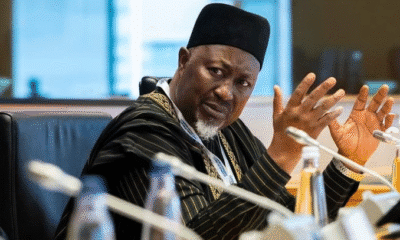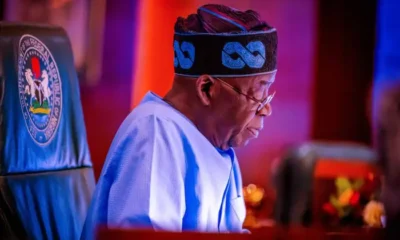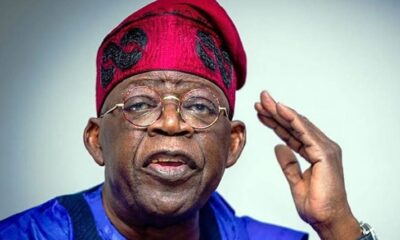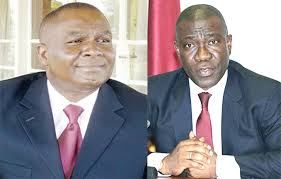Breaking News
IBB’s Son Speaks On Rejecting President Tinubu’s Appointment
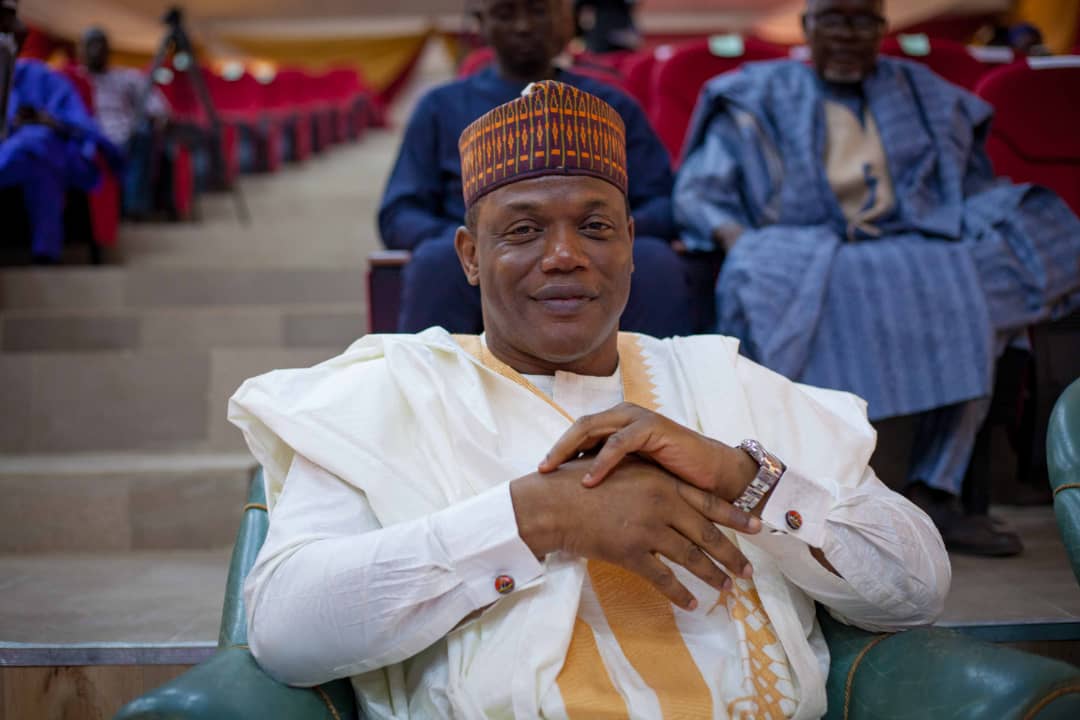
The first son of former Military President, Ibrahim Badamasi Babangida (IBB), Mohammed Babangida, has debunked a viral letter circulating on social media which claimed he rejected his appointment as Chairman of the Board of the Bank of Agriculture (BOA).
Speaking on behalf of Babangida, one of his media aides, Alhaji Mahmud Abdullahi, on Tuesday, described the letter as “fake” and the handiwork of “disgruntled elements bent on misleading the public.”
“Mohammed Babangida did not reject the appointment. The letter circulating is fake. In fact, the signature is not that of Mohammed Babangida, while the telephone lines quoted are not his,” Mahmud said in a statement made available to newsmen.
Contrary to the misinformation, Mahmud affirmed that Babangida has already accepted the appointment and expressed deep appreciation to President Bola Ahmed Tinubu for the confidence reposed in him.
“We wish to clarify that Mohammed has gratefully accepted the appointment as Chairman of the Bank of Agriculture as announced by the Federal Government and therefore extends his sincere appreciation to President Tinubu for the trust and confidence bestowed upon him.”
The aide further stressed Babangida’s readiness to serve and contribute to the transformation of the agricultural sector in line with the President’s economic development agenda.
Mahmud also disclosed that efforts were underway to track the source of the forged document, vowing that those responsible would be brought to justice.
“We also want to assure the public that those spreading these falsehoods will be thoroughly investigated and brought to justice. We remain committed to transparency, accountability, and fostering unity within our nation,” he added.
It would be recalled that Mohammed Babangida’s appointment as BOA Chairman was among several strategic appointments recently approved by President Tinubu as part of ongoing efforts to reposition critical government institutions.
Other appointments, which cut across various sectors including finance, infrastructure, and agriculture, are expected to bolster effective leadership and drive national development.

